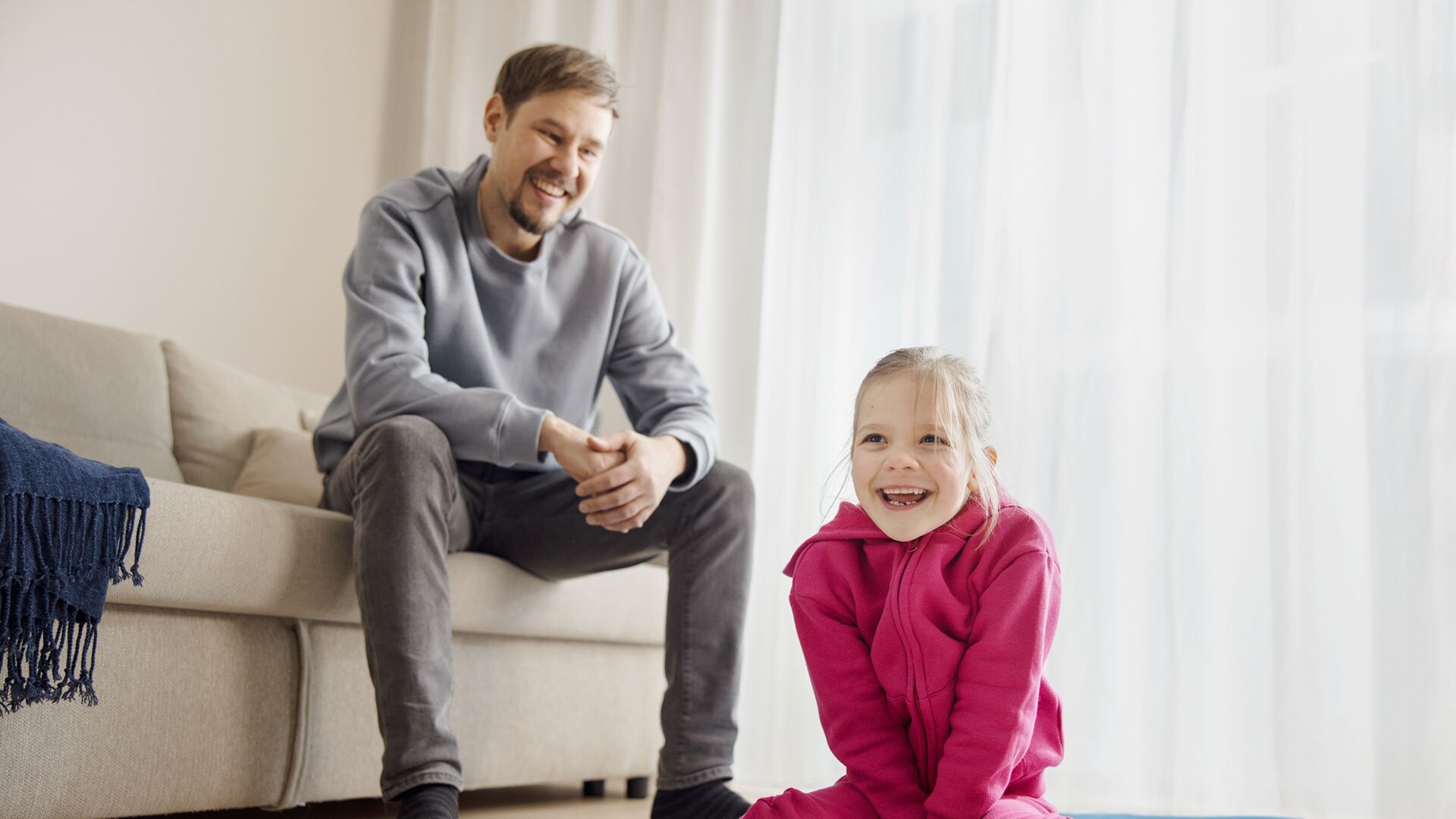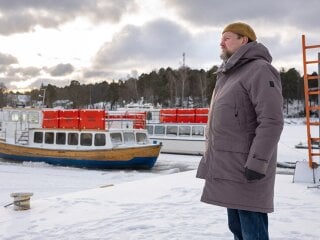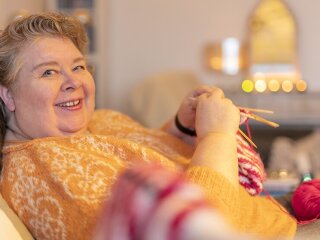It was down to Jukka Karhula’s stubbornness that his prostate cancer was diagnosed early. During his 60-year health check at occupational health care in 2009, his prostate-specific antigen, or PSA, level was found to be elevated. The occupational physician was not concerned about this, so Jukka decided to seek a second opinion from a urologist.
More examinations and a biopsy followed, and a tumour was discovered.
Jukka was diagnosed with intermediate-grade prostate cancer and the urologist recommended surgery. This is what he had hoped for, because he wanted to be rid of the cancer as soon as possible.
Five months later, a part of his prostate was removed in a robot-assisted prostatectomy. Since the operation, Jukka’s PSA levels have been checked twice a year and they have been normal.
However, he is not quite free of cancer – and he is glad that he is not.
Cancer gave Jukka a new interest and new friends
Gym, lunches with former colleagues, ballroom dancing three times a week, skiing, jogging, meetings with the hospital patient panel – Jukka is a busy man.
“I am an extremely active pensioner, and I probably would not be this busy were it not for the cancer diagnosis,” he says.
I am an extremely active pensioner, and I probably would not be this busy were it not for the cancer diagnosis.
Jukka is an active peer support worker in the patient association. He also serves as an experiential expert and a member of the patient panel for his hospital district. As an experiential expert, he has had the opportunity to contribute to developing care processes together with healthcare professionals. The illness opened up a whole new world for him.
“It gave me a new hobby and plenty of new friends. Peer support work has given me structure to my days and a new focus after my wife died.”
Talking about cancer is not always easy
When Jukka’s diagnosis was confirmed, he immediately opened up about it to his family and colleagues. This was a natural way for him to approach the issue: bottling it up inside would have been too consuming and sharing the secret with only a few would have just confused people and sparked rumours.
However, Jukka knows from his experience in peer support work that talking about cancer and the feelings that it creates is not always easy. Men, in particular, may be find themselves in a very difficult position.
“It might also be a generational thing. We baby-boomers are used to thinking that we have to manage everything on our own.”
Jukka himself did not discover peer support until months after his cancer was operated on. It was during a follow-up visit with a cancer nurse that he heard about patient associations for the first time and that he finally had the chance to talk about the impact of the illness and the treatment on his life.
At this point, more than nine months had passed since his diagnosis. The year had been full of worry and concern.
“I think patients should meet with cancer nurses before the treatments even begin. I needed in-depth information and peer support immediately after the diagnosis.”
Peer support helps in the planning of cancer care
In Jukka’s experience, peer support is necessary for more than helping people work though their feelings about their cancer diagnosis. For example, while waiting for a diagnosis, when patients are keen to find and make sense of information, peer support can be invaluable for the patient and their families.
Jukka also encourages patients to turn to a peer support group or a personal peer support worker when it is time to make decisions about treatment.
“Doctors give their recommendations based on their professional expertise but, ultimately, the decision is the patient’s. You can bring someone with you to the appointment to listen to the discussion on your options and what the doctor recommends. And when going through your options, it may be helpful to have another person there as a sounding board.”
Jukka has, for example, decided to share with others how the operation removed the tumour but left him with difficulty urinating and erectile dysfunction. He encourages patients to ask their doctors questions about the short and long-term effects of different treatment options. Their relevance varies with life situation and age.
Everyone must walk their own path, but nobody has to walk that path alone.
“Cancer is always a unique and personal experience. You cannot make choices based on other people’s experiences. Everyone must walk their own path, but nobody has to walk that path alone,” Jukka says.
Jukka Karhula’s tips for people with a cancer diagnosis
- Gain knowledge. Don’t be alone with your questions and concerns. There is plenty of information available about the treatments for and living with prostate cancer from associations such as the Finnish Prostate Cancer Association Propo and various peer support groups. Anonymous peer support for those with a cancer diagnosis and their families is available through apps, such as Toivo.
- Be persistent. Sometimes you have to insist on more information and further examinations. Seeking a second opinion is often a good idea. If your prostate cancer is diagnosed by a urologist, you can also discuss your treatment with an oncologist before making care decisions.
- Let your family and friends support you. Taking in all the information and weighing different options can be difficult. Bring a family member or a peer support worker with you to a doctor’s appointment to listen to what is being discussed and what the doctor recommends.
- Ultimately, the decision is yours. The doctor can recommend different care options, but the final decision is made by the patient. Find as much information as you can about the short and long-term effects of different treatments in terms of your age and current life situation.











